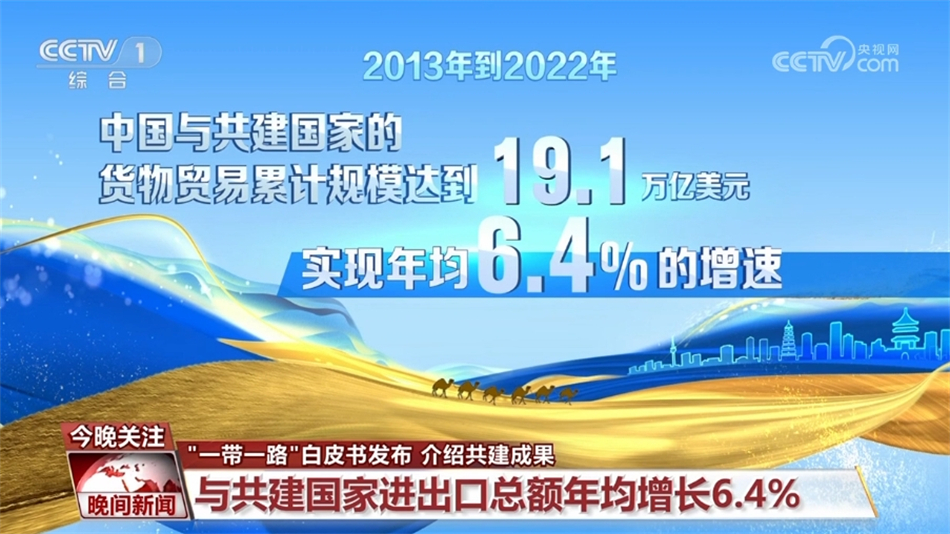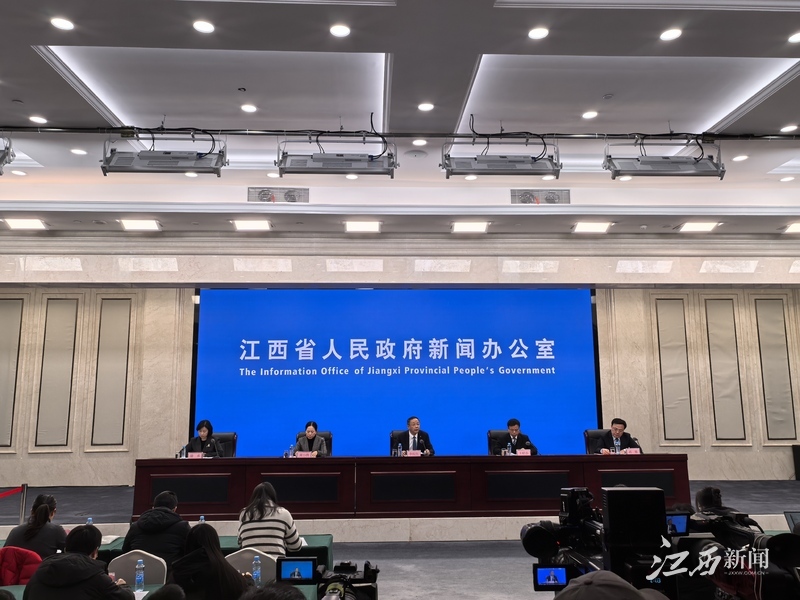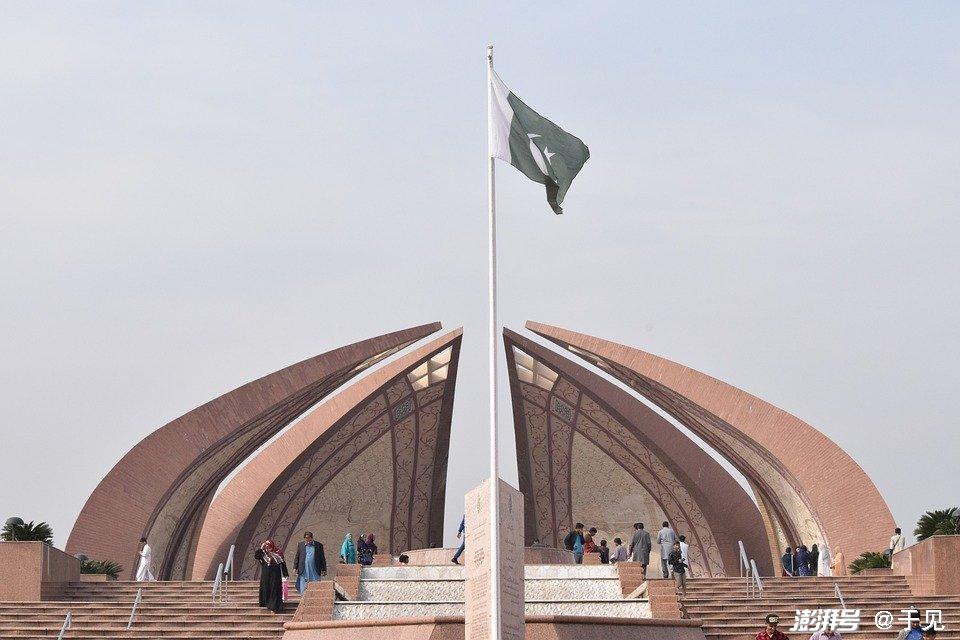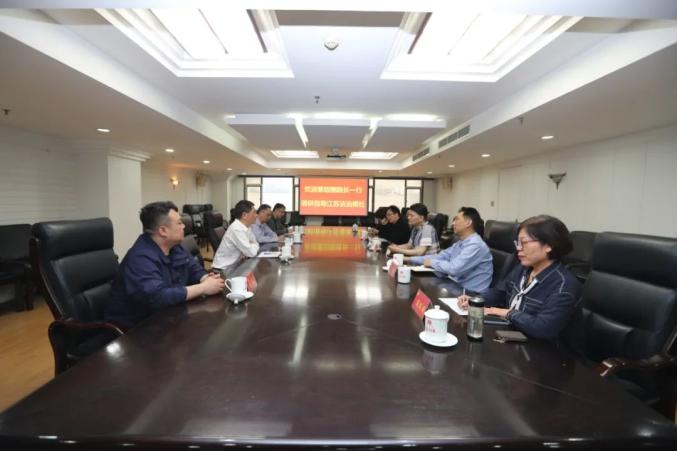Since Israel Supports "Taiwan Independence", Why Don't We Support Arab Countries?
Since Israel Supports "Taiwan Independence", Why Don't We Support Arab Countries?
Unexpectedly, while China condemns Israel, some Israeli politicians turned to disrupt the Taiwan issue and publicly supported the "Taiwan independence" forces, obviously wanting to use the Taiwan issue to respond to China and even take revenge on China's position. Meanwhile, some other countries, such as the United Kingdom and France
In recent years, Israel's actions in the Middle East have attracted much attention, especially in military operations in the Gaza Strip, where China has repeatedly criticized it. However, unexpectedly, while China condemns Israel, some Israeli politicians turn to disrupt the Taiwan issue and openly support the "Taiwan independence" forces, obviously wanting to use the Taiwan issue to respond to China and even take revenge on China's position.

Some members of the Israeli parliament who are keen to be close to Taiwan frequently visited Taiwan. For example, future party MP Topolovsky, not only the chairman of the Israeli parliament’s “Friendship Group”, but also visited Taiwan three times. The first time was in April, when he led his delegation to publicly support Taiwan in international affairs; the second time was in July, when he even attracted 72 parliamentarians to jointly sign a statement advocating Taiwan to join international organizations such as the World Health Organization, the International Civil Aviation Organization, and the United Nations Framework Convention on Climate Change. In fact, these organizations can only join sovereign states, and his actions are undoubtedly challenging the one-China principle. In this statement, there were some heavyweights such as the Deputy Speaker of the Israeli Congress, and the number of joint signings accounts for more than half of the total seats in the Congress, which shows its weight.
From September 21 to 22, Topolovsky went to Taiwan again. This time he met with Taiwan's leader Lai Ching-te and called him the "president" and promoted "Taiwan-Israeli friendship." The Chinese Embassy in Israel responded immediately, pointing out that Topolovsky was a "troublemaker" and warned that if this continues, the consequences will be serious. The Chinese Foreign Ministry also reiterated its position at the press conference, clearly expressing its support for "Taiwan independence" means interfering in China's internal affairs and undermining the stability of the Taiwan Strait. After all, since the establishment of diplomatic relations between Israel and China in 1979, they have been following the one-China principle. The two sides have closely cooperated in economy and trade. The bilateral trade volume exceeded 10 billion US dollars last year. Now, these politicians are clearly using the Taiwan issue as a bargaining chip to challenge China's position.
This is not an isolated incident. The "Friendship Group" of the Israeli Congress has become active since 2023. After Topolovsky served as chairman, he has organized online and offline activities many times. After the joint statement in July, Taiwan expressed its gratitude. However, from China's perspective, this is a total provocation. Most countries around the world follow the one-China position, and Israel is undoubtedly causing trouble for itself.

Why does Israel dare to do this? The reason is simple, they don’t think China will take excessive action. Even though China strongly condemns Israel's military actions in Gaza, Israel does not feel a substantial threat, and even believes that China is just verbally opposed and has not taken any substantial punitive measures. As some people say, this mentality is like a bully bullying others, thinking that if others tolerate others, they can continue to act recklessly.
China has always maintained a firm opposition to Israel's actions in Gaza. In October 2023, after the Hamas attack, Israel launched retaliatory bombings, causing a large number of civilian casualties. China has stood on the side of most countries around the world from beginning to end, calling for a ceasefire and protecting humanitarian access. By 2025, the Ministry of Foreign Affairs will still express its opposition to violent resolution of the hostage problem on many occasions, and emphasize the harm of escalating conflicts to regional stability. At the same time, China also firmly opposes Israel's military operations, demands that the attacks be stopped, material access be restored, and provides humanitarian assistance to Palestine. Meanwhile, some other countries, such as the United Kingdom and France, have expressed dissatisfaction with Israel's actions in Gaza and have supported China's position.

In September, as Israeli Defense Minister Katz declared that the Gaza operation had entered a "decisive stage", China still called for a stop to violence through multilateral platforms to avoid greater humanitarian disasters. Israeli Prime Minister Netanyahu also encountered protests from representatives of many countries when he spoke at the United Nations General Assembly. The Chinese representative said in the Security Council that the current conflict has caused the Palestinians to be in trouble, the situation in countries such as Lebanon, Syria, and Yemen is becoming increasingly tense, and peace in the Middle East is facing serious threats.
China has not only expressed diplomatic concerns, but has also been committed to supporting the independence and development of Arab countries throughout history. Since the Bandung Conference in 1955, China has always supported the independence of Arab countries and received support from Arab countries when it restored its seat in the United Nations in 1971. Today, China is still one of the few countries that can maintain good relations with Israel, Iran, Palestine and the Muslim world in the Middle East, and this balance is very rare.
However, Israel used the Taiwan issue to provoke China at this moment. Topolovsky and others' behavior is obviously provoking China. When a large number of civilians in Gaza were killed and injured, China continued to condemn, while Israeli politicians believed that this was a loss of face and had to take such a "retaliation".
At the same time, China's economic cooperation with Israel is still close, with bilateral trade volume exceeding 10 billion US dollars last year. However, due to these incidents, the relationship between China and Israel has fluctuated to a certain extent, and trade and semiconductor orders have been delayed. Israel may think that through this soft power means, China's position can be shaken, but China has made it clear that the principle of one country, two systems and one China cannot be touched.
The complexity of the situation in the Middle East is that Israel dominated the regional situation through its powerful military power, relied on US military aid, received billions of dollars in support every year, and a steady stream of advanced weapons. Due to internal instability and relatively backward weapons and equipment, the surrounding Arab countries cannot compete with Israel in areas such as air defense and anti-ship systems. Despite this, China has been seeking to balance the situation in the Middle East and has historically supported the independence of Palestinian and Arab countries.
China not only calls for peace through diplomatic means, but also promotes regional stability and development through the "Belt and Road" and cooperation between Middle Eastern countries. If Arab countries can obtain equally modern equipment such as air defense and anti-ship, the situation may change. Although China's help in this area is difficult to directly develop, its technological advantages can still support the stability of the Middle East.
Overall, China has always followed a balanced foreign policy in promoting peace in the Middle East. Although Israel has an advantage through force, China's close cooperation with Arab countries undoubtedly brings a glimmer of hope for regional stability.





